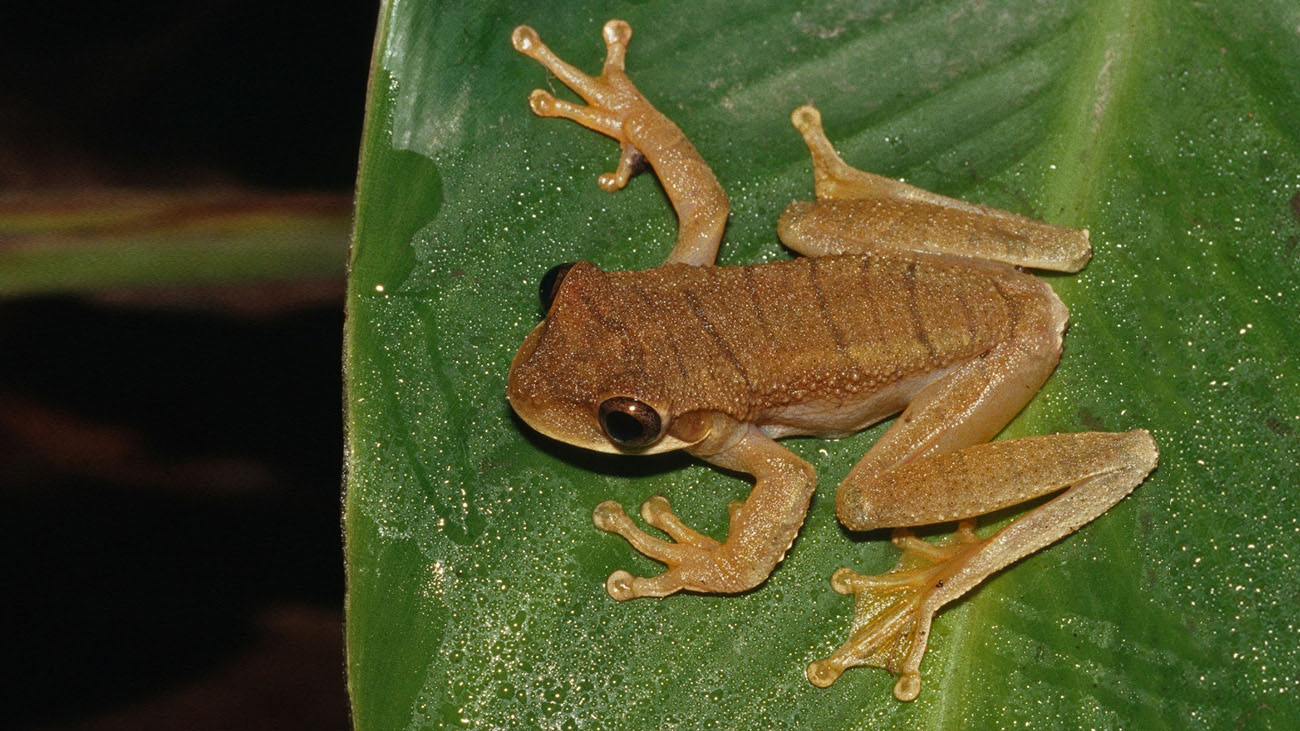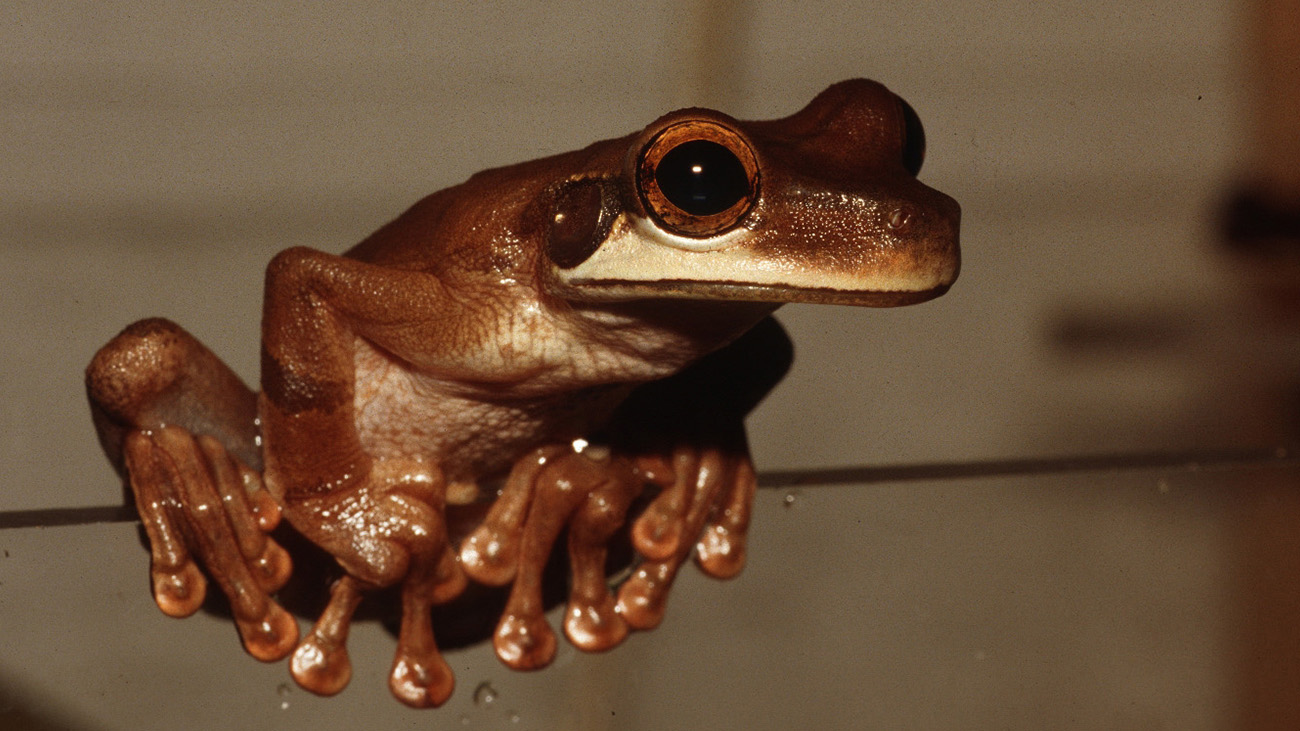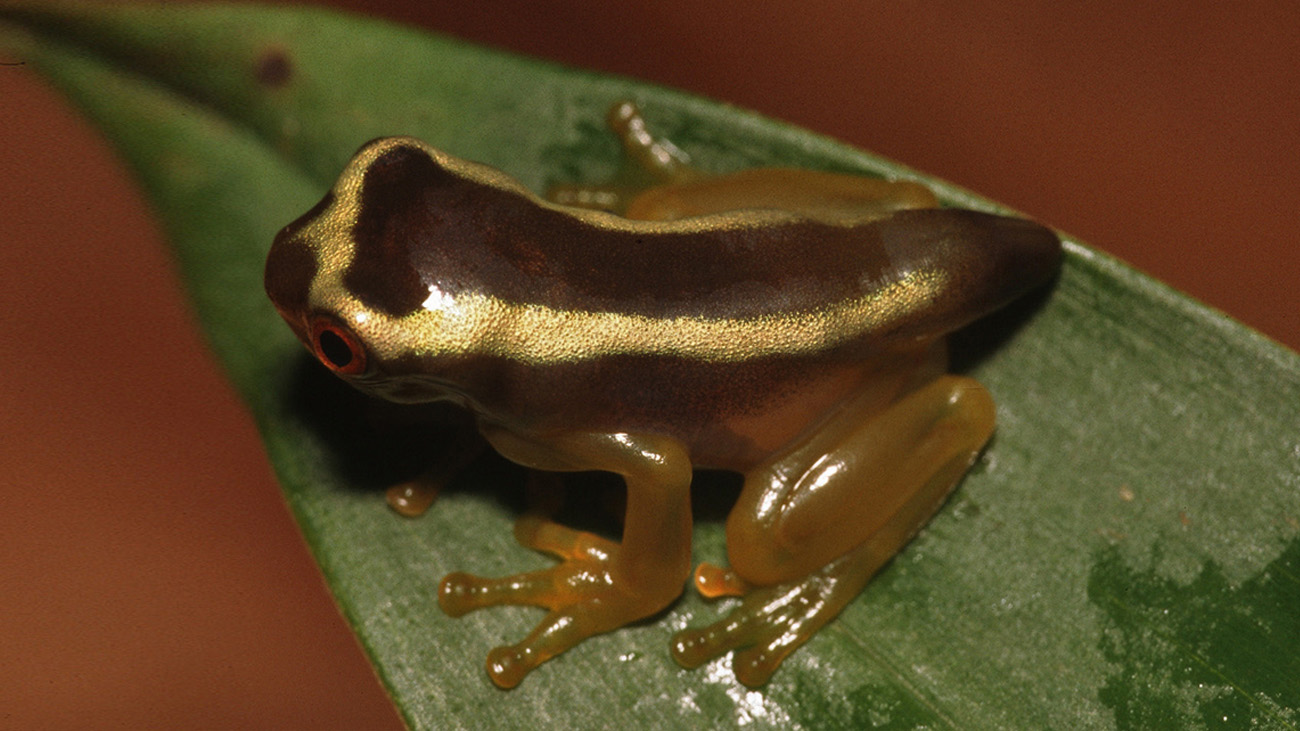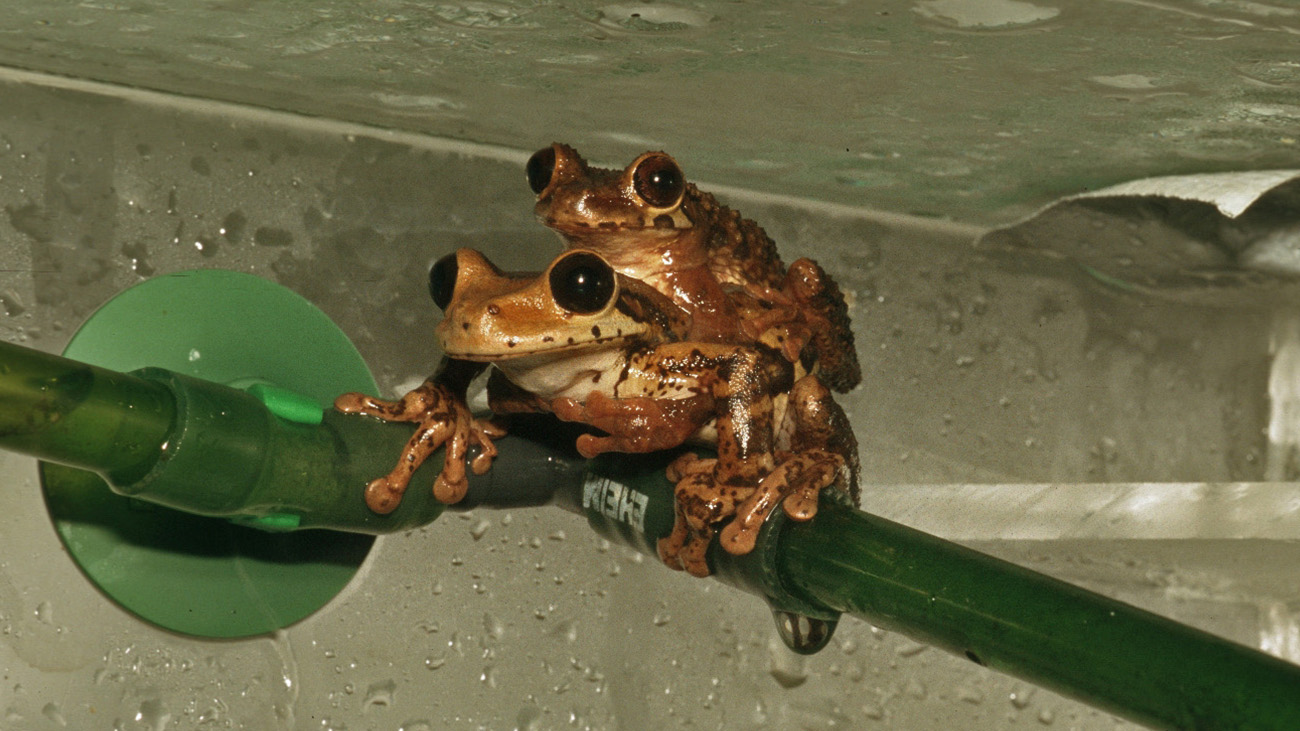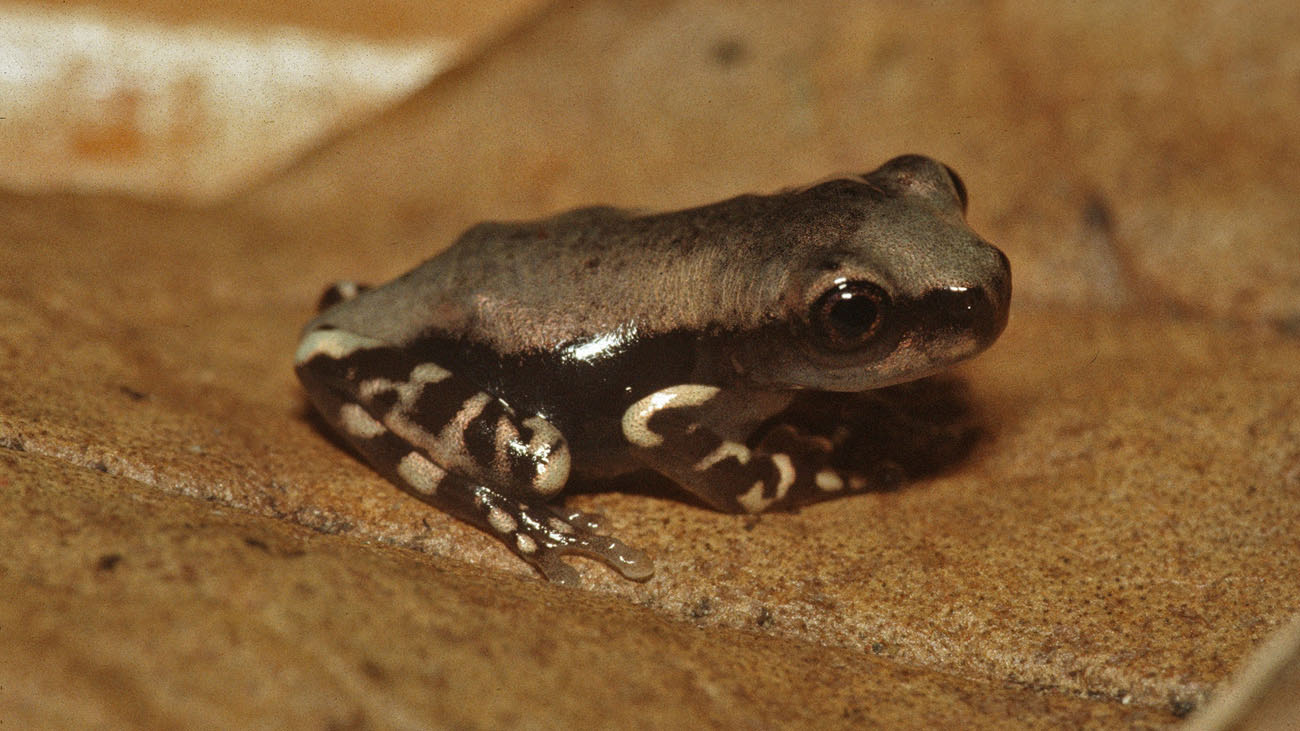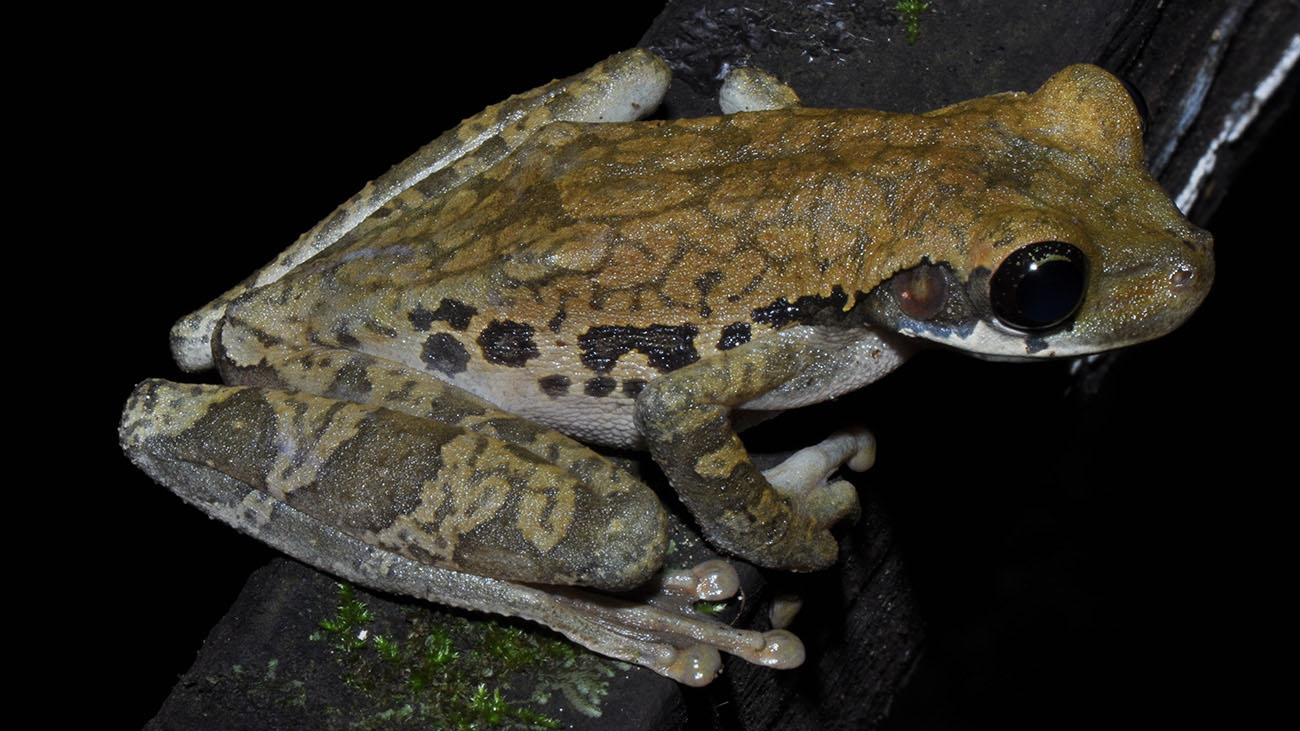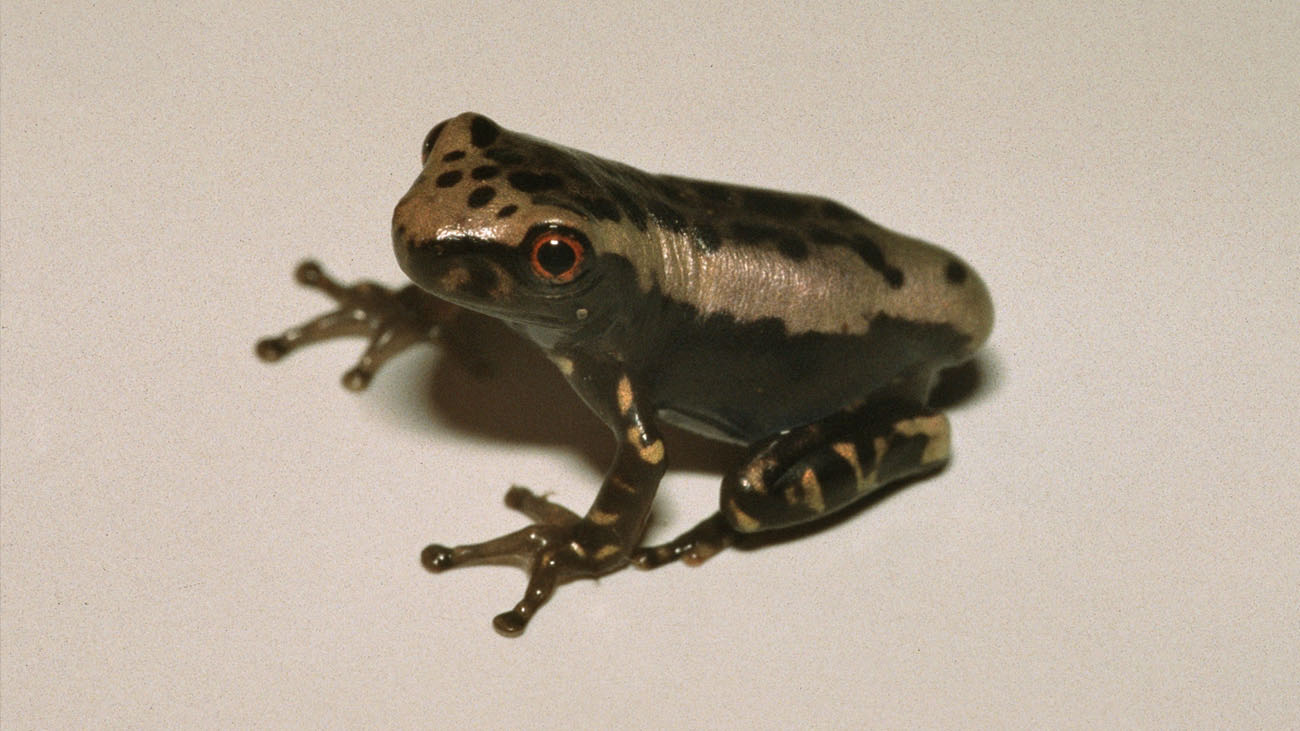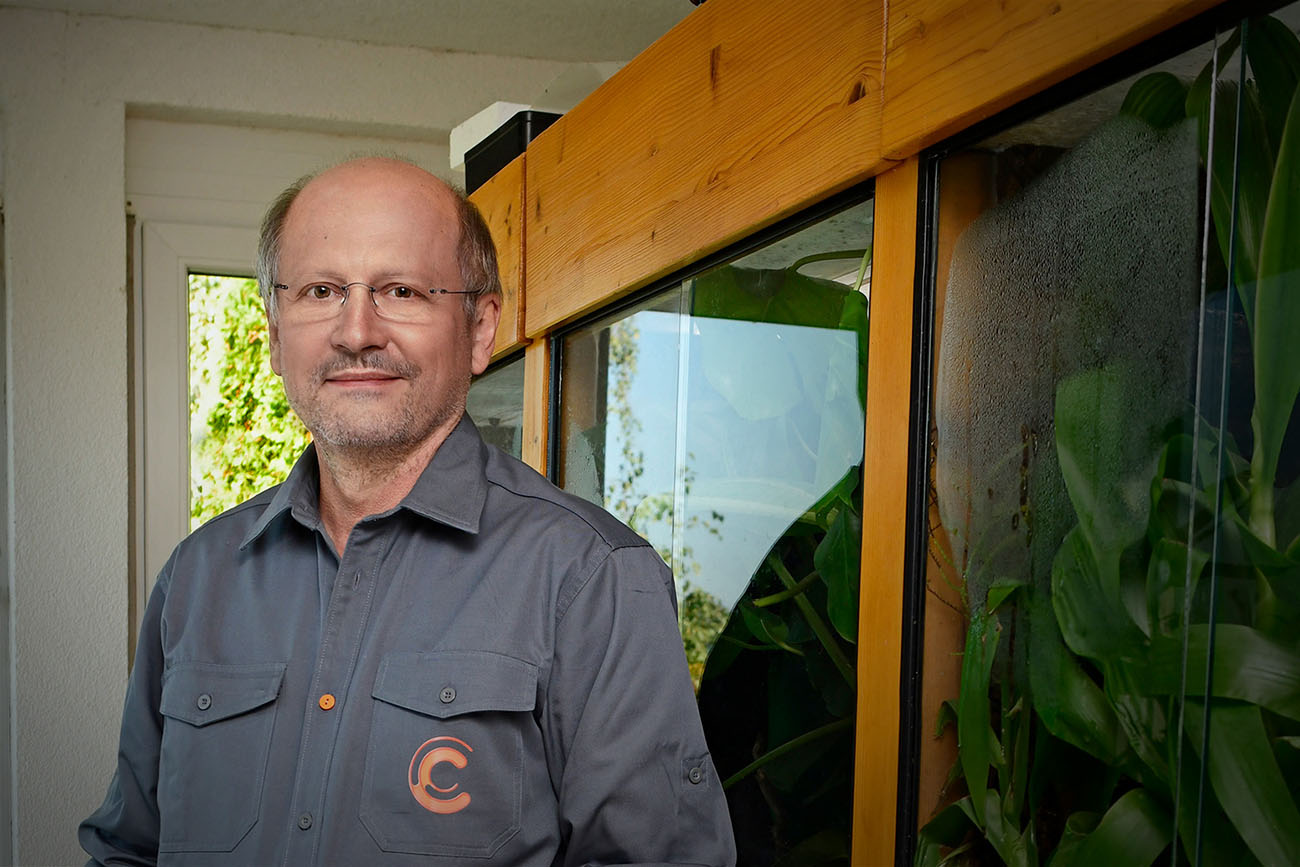
Nicht versessen, sondern nüchtern
Sollten Privathalter seltene Wildtiere halten? Wer die Geschichte von Karl-Heinz Jungfer liest, der sich die Rettung eines Unikums zur Aufgabe gemacht hat, dem stellt sich diese Frage gar nicht mehr. Sondern eine ganz andere: Wie können wir mehr Menschen dazu bewegen, sich in der Wildtierhaltung zu engagieren?
„Versessen auf Frösche“ – fast schicksalhaft der Name des Artikels, der dem zwölfjährigen Karl-Heinz ins Auge stach, in seiner ersten Ausgabe einer Aquarienzeitschrift, die er sich gerade erbettelt hatte. Der Frosch-Artikel wurde zum Erweckungserlebnis. Ein halbes Jahrhundert später blickt Karl-Heinz Jungfer auf ein im wahrsten Sinne des Wortes mit Fröschen erfülltes Leben zurück. Mancher würde ihn zweifellos als „versessen“ bezeichnen. Doch Karl-Heinz betrachtet die Dinge nüchtern. Der Biologie-Lehrer ließ sich vor allem von der unglaublichen Vielfalt erstaunlicher Fortpflanzungsstrategien der Frösche in den Bann ziehen.
Diversity in der Familienplanung
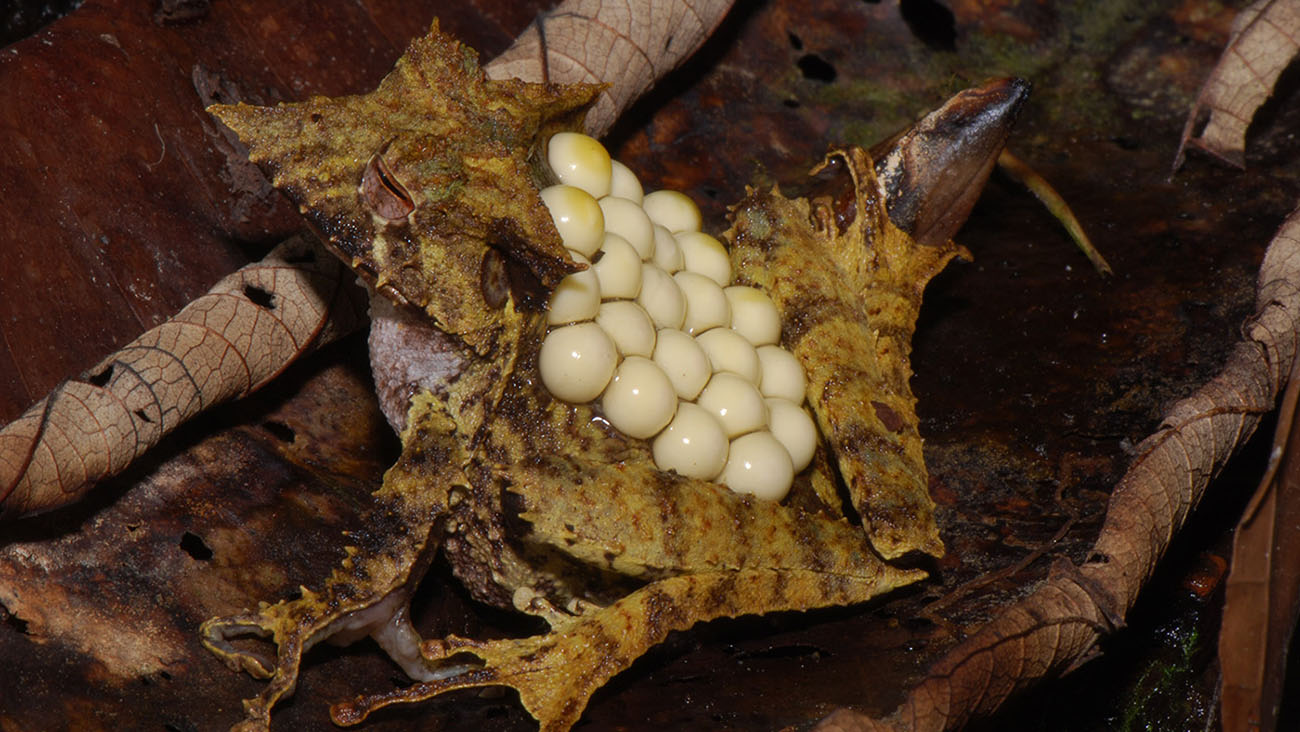
Karl-Heinz hat sich intensiv mit der Vielfalt von Fortpflanzungsstrategien bei seinen Fröschen beschäftigt – und Verblüffendes beobachtet. Beim Visierfrosch (Hemiphractus proboscideus) trägt das Weibchen die Eier zwei Monate auf dem Rücken. Dann schlüpfen daraus fertige kleine Frösche. | Karl-Heinz Jungfer
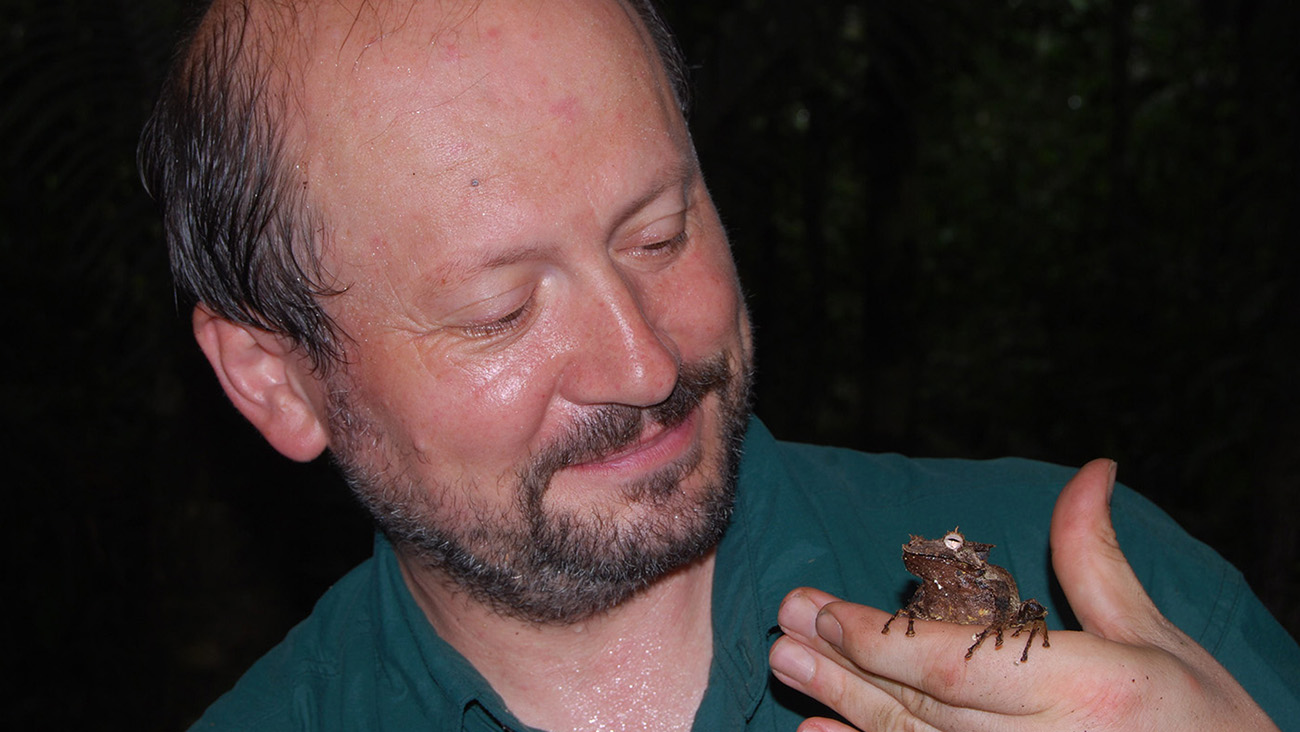
Solche Forschungsergebnisse sind der Lohn jahrelanger Mühe, denn die in Baumkronen lebenden Frösche sind nur schwer zu finden. Mitunter vergehen Jahre und mehrere Reisen, bis Karl-Heinz ein zweites Exemplar erwischen kann | Karl-Heinz Jungfer
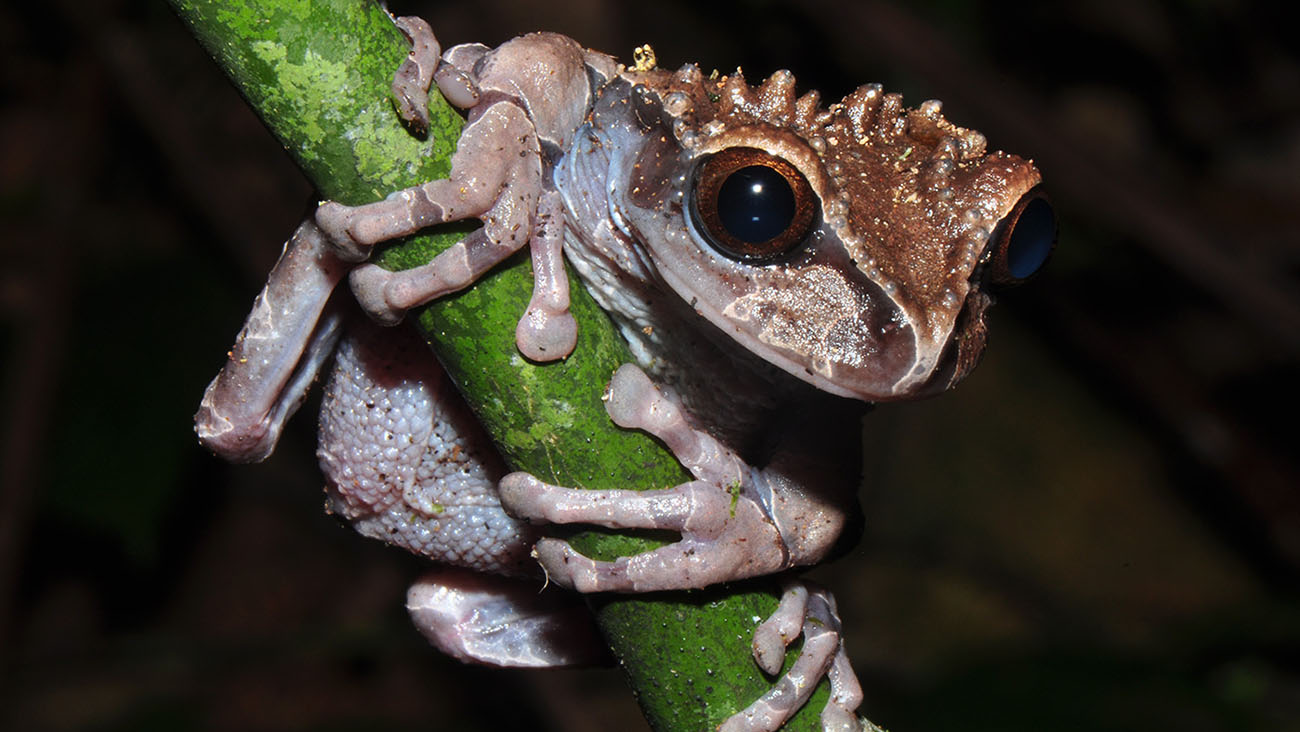
Der Kronenlaubfrosch (Triprion spinosus) hat ein spektakuläres Brutpflegeverhalten, das erst durch Karl-Heinz‘ Beobachtungen im Terrarium richtig aufgeklärt wurde. Als Forscher die ersten Kaulquappen ...
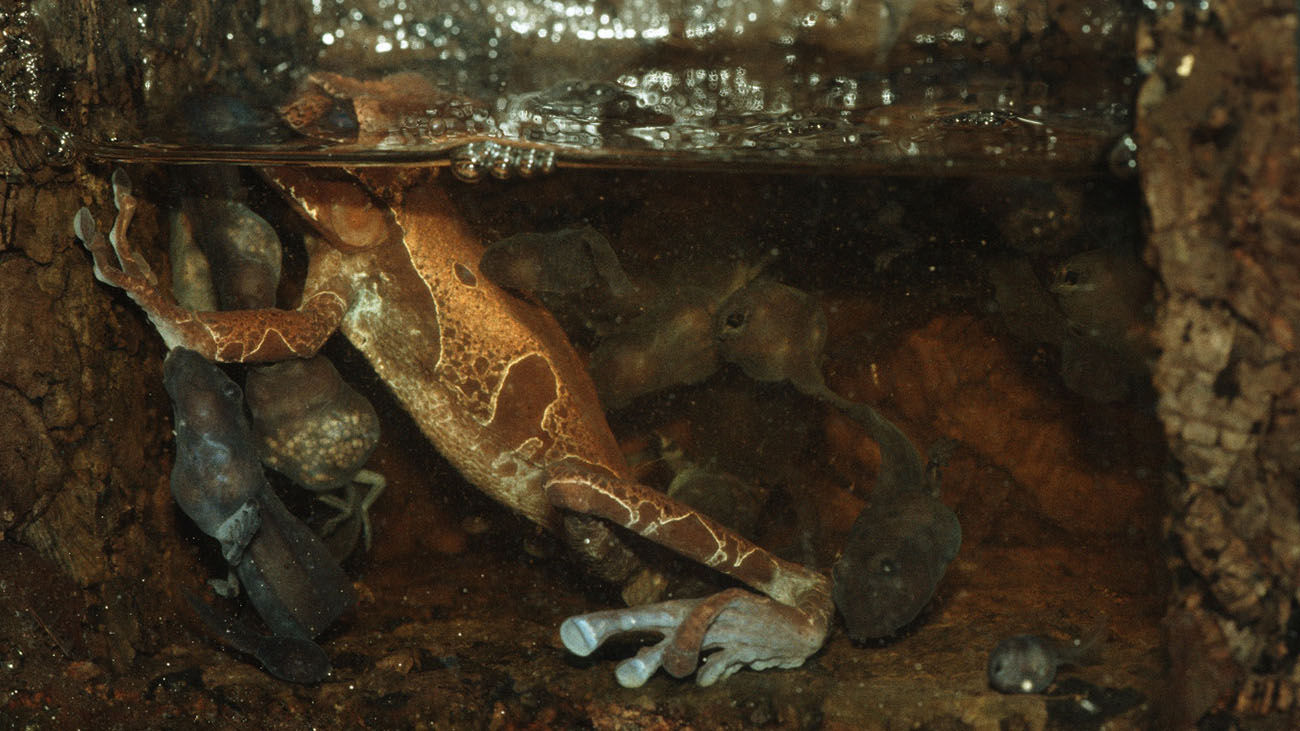
...in freier Natur gefunden hatten, sahen sie verblüfft die vielen Eier durch die Haut durchscheinen. Sie dachten, diese Kaulquappen hätten die Eier gebildet und könnten sich im Larvenstadium fortpflanzen, ähnlich wie der Axolotl. In Wirklichkeit ...
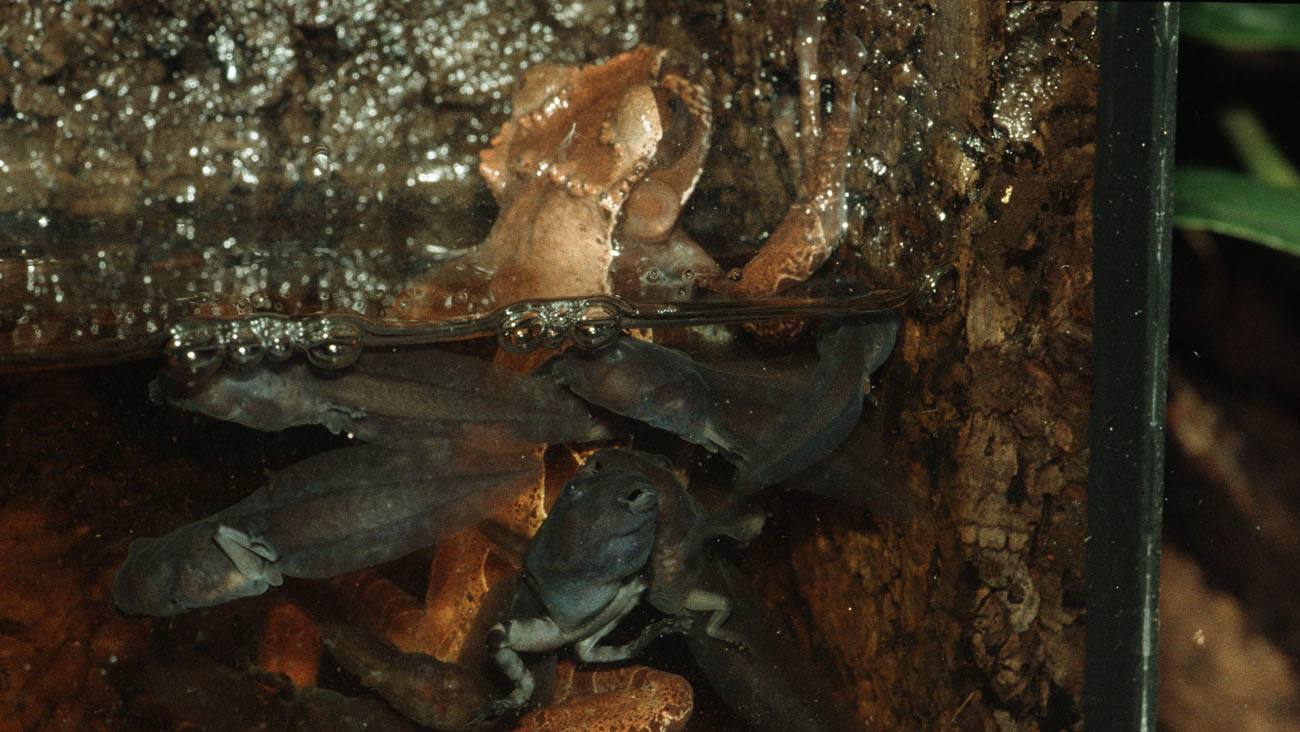
...füttert die Mutter die Kaulquappen mit unbefruchteten Eiern, wie Karl-Heinz im Terrarium herausgefunden hat. Er konnte sogar das Bettelverhalten der Quappen dokumentieren. | Karl-Heinz Jungfer
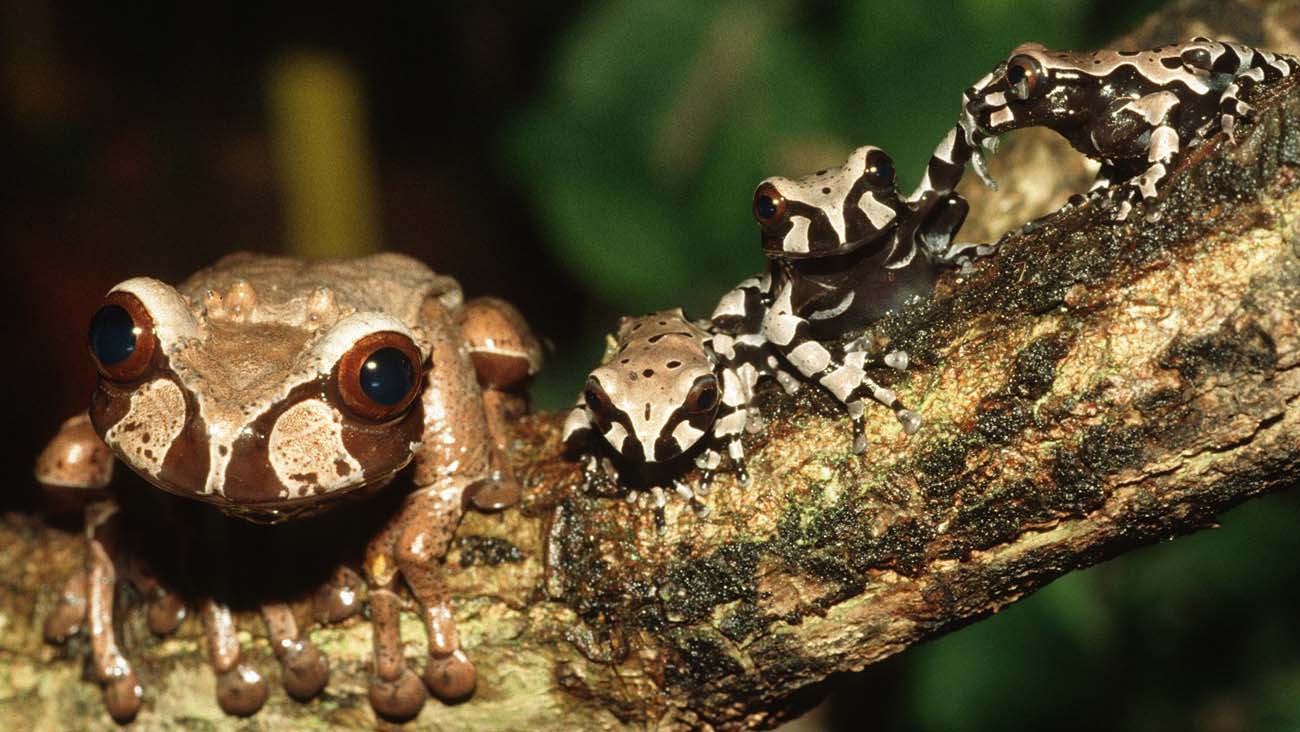
Weibchen des Kronenlaubfroschs mit ihren frisch verwandelten Jungen. | Karl-Heinz Jungfer
Privatgelehrter in Froschfragen
Vor fast 40 Jahren unternahm Karl-Heinz seine erste Reise nach Lateinamerika und stieß prompt auf drei bis dahin unbekannte Arten. Seither beschäftigt er sich als Hobby wissenschaftlich mit Amphibien, als sozusagen Privatgelehrter beschrieb er neue Arten und publizierte zahlreiche wissenschaftliche Veröffentlichungen – und „sollte einmal im Jahr unbedingt Urwaldluft geschnuppert haben“. Manchmal auch länger: 1992 blieb er gleich neun Monate in Brasilien, um die Brutpflege eines Raurückenlaubfrosches zu beobachten. Zum Glück pflegte er früher noch eine weitere Leidenschaft: den Langstreckenlauf. So geht ihm auch im Dschungel nicht so leicht die Puste aus.
Entdeckungen von Karl-Heinz
Mit Herz und Händchen für die Kleinen, die ansonsten ganz unbemerkt unter die Räder kommen
Auch daheim im schwäbischen Gaildorf lebt Karl-Heinz von Fröschen umgeben. „Sie sind natürlich im Terrarium viel einfacher zu beobachten als in den Baumwipfeln Amazoniens.“ Weshalb Karl-Heinz noch viel vor hat in seinem Terrarienzimmer. Für Citizen Conservation will er dort nun den Tafelberg-Baumsteiger züchten.
Dieser kleine Pfeilgiftfrosch mit dem wissenschaftlichen Namen Minyobates steyermarki lebt auf nur einem einzigen Tafelberg in Venezuela. Er ist extrem gefährdet, wegen der politischen Krise im Land und wegen Goldvorkommen am Berg. Die Gefahr ist groß, dass die nicht gerade für ihr sensibles Vorgehen bekannten Bergbauunternehmen den Lebensraum der Frösche zerstören oder vergiften.
Unikum der Evolution
Was im Fall des Tafelberg-Baumsteigers besonders tragisch wäre, denn „er ist ein echtes Unikum, der Einzige seiner Gattung, ein ungewöhnlicher Seitenstrang der Evolution von Pfeilgiftfröschen“ – mit bislang weitgehend unbekanntem Fortpflanzungsverhalten. Das möchte Karl-Heinz nun „knacken“ – und helfen, die Art in menschlicher Obhut zu erhalten: „Citizen Conservation ist eine sehr gute Gelegenheit, zu zeigen, dass Privathalter etwas zum Schutz und Überleben der ihnen anvertrauten Arten tun können. Dazu will ich beitragen!“
